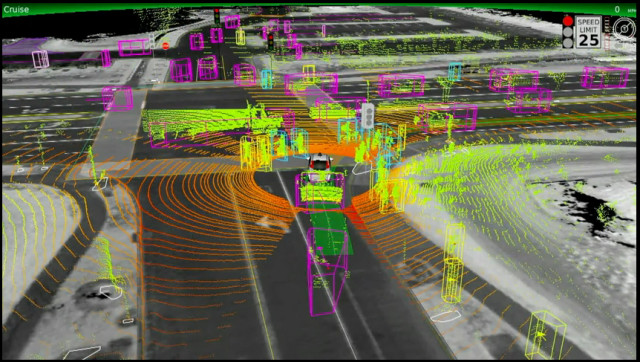You are so right on this one! there are many unappreciated hazards the designers didn't accoount for, including the level of distraction the driver can face especially in close quarter encounters in narrow lanes.I, ve wondered where we now stand with this new technology for such as braking for dogs in road. I was always told don't risk those behind (or yourself) braking for an animal. ie)Check mirror before braking for a stupid mutt... Emergency stopping with a 30 tonne truck behind you is not exactly safest thing to do... If it's person, we'll no choice.. But don't think radar or any current technology can differentiate...
Can you imagine outcry. Car braked to save some mongrel and caused mayhem.. Meanwhile dog runs off????
And I forgot to add if your phone is linked in that overrides both the Navigation spoken commands and masks the sounds of the proximity detectors.
Plus possibly the driver could become too reliant of the automatic safety the system offers (conditional to conditions being favourable)
Apparently this has been brought up in Parliament too already.






